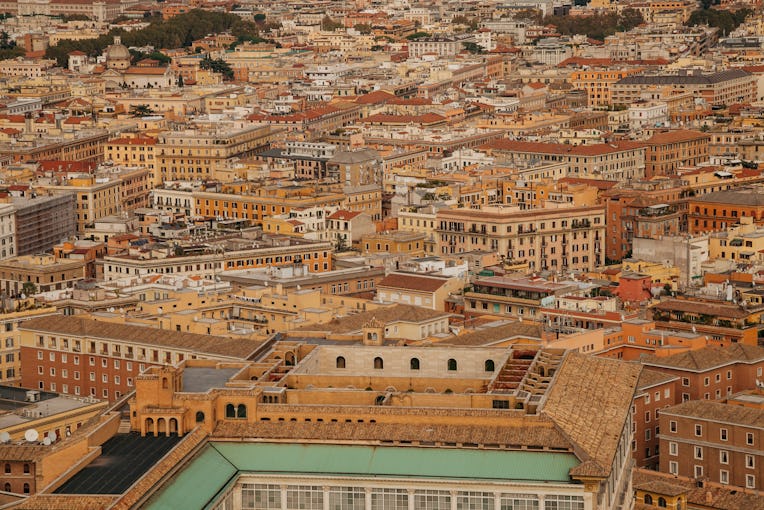This Small Italian Landlord is Still Struggling Amid the Pandemic
Inheriting the earth has been near impossible for father-and-spirit property owners

The Roman Curia has acted in the Pope’s name for the greater good of humankind — blessing the poor, comforting those who mourn, ensuring that the meek inherit the earth, etc. — for at least 932 years, since it was first mentioned in a document during the papacy of Pope Urban II, no relation to Keith, in 1089.
But the members of the Catholic Church’s central governing body get no respite from that stress when they go home after a long day of upholding the Church’s spotless moral reputation. That is because they are also landlords who own over 5,000 church and investment properties, according to a recent financial report from a subsidiary of the Curia called the Administration of the Patrimony of the Holy Sea (APSA). And for the past year, conflicts with tenants and international law have poisoned the atmosphere of God’s houses.
The Vatican owns 4,051 properties across Italy — just 14 percent of which are rented at market rates (the rest are leased at reduced prices or used by Church affiliate groups) —and over 1,000 properties abroad in cities like London, Geneva, and Paris. But their fiefdom may be too generous for its own good; a budget report obtained by the Jesuit magazine America shows the Curia was hit by a financial deficit of $80 million in 2020, millions larger than its debts the year before.
But try telling that to the Vatican court, which has indicted at least 11 Church associates since January, just when the world began to recover from the devastation of COVID-19. The charges — which entail embezzlement, money laundering, abuse of office, extortion, and fraud — center on the Vatican’s fraught $413 million investment into commercial and residential property in London’s South Kensington neighborhood. Three of the defendants, including Cardinal Angelo Becciu, the most senior Vatican official to get financial crime charges, will go to trial on July 27 over the scheme.
The blow comes after years of attempts to reform the Church’s finances, an effort so laborious that Pope Francis once compared it to “cleaning the Sphinx of Egypt with a toothbrush.” All told, the Church has run down nearly all of its donation reserves to cover its debts and predicts another deficit of nearly $60 million this year. The real estate disclosures were just the latest installation of the Curia’s promise to be more forthcoming about their finances.
“We come from a culture of secrecy,” Vatican Secretariat for the Economy Fr. Juan Antonio Guerrero said in a statement about ASPA’s financial report, “but we have learned that in economic matters transparency protects us more than secrecy.” Amen.